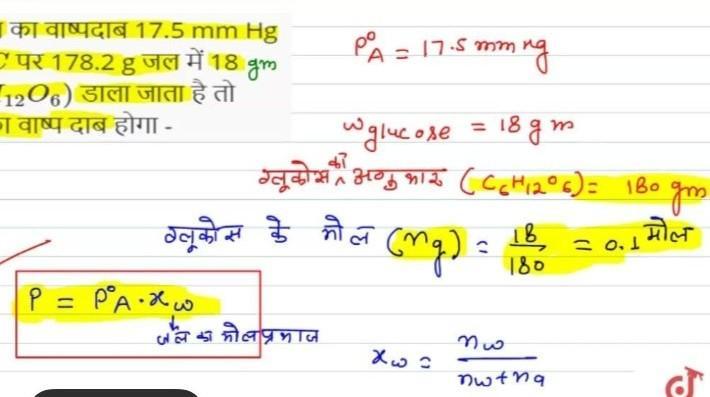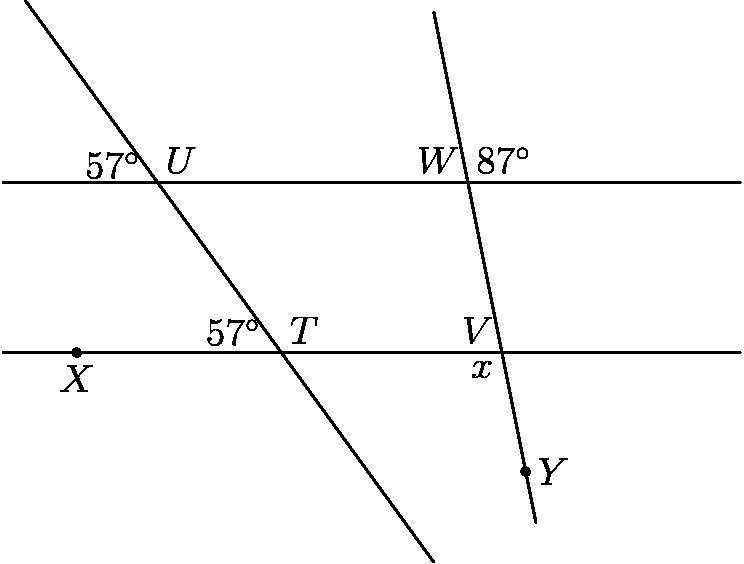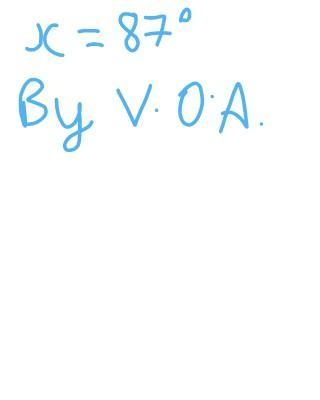1. 168 जल में 2g सुक्रोस (C2H22011) घुलाने से बने विलयन का वाष्प-दाब 373K पर ज्ञात करें। 373K पर जल का वाष्प-दाब पारे का 760mm है। [उत्तर : 755 mm]
-
Subject:
Chemistry -
Author:
porfiriorobbins -
Created:
1 year ago
Answers 1
Explanation:
u are answer like and aug

-
Author:
mata
-
Rate an answer:
5
If you know the answer add it here!
Choose a language and a region
How much to ban the user?
1 hour
1 day
100 years


